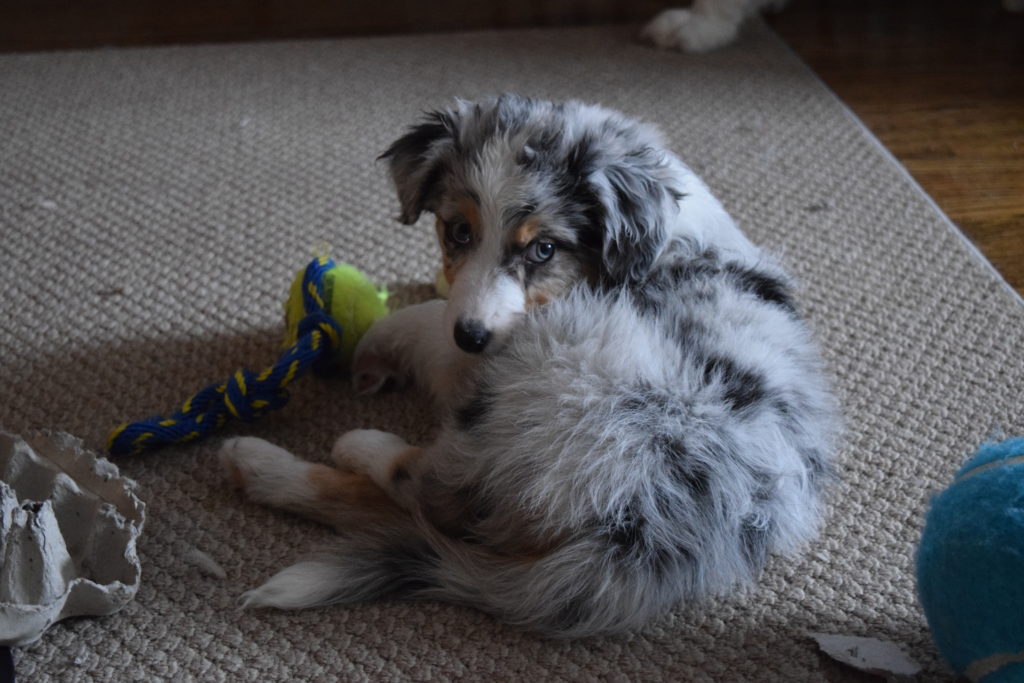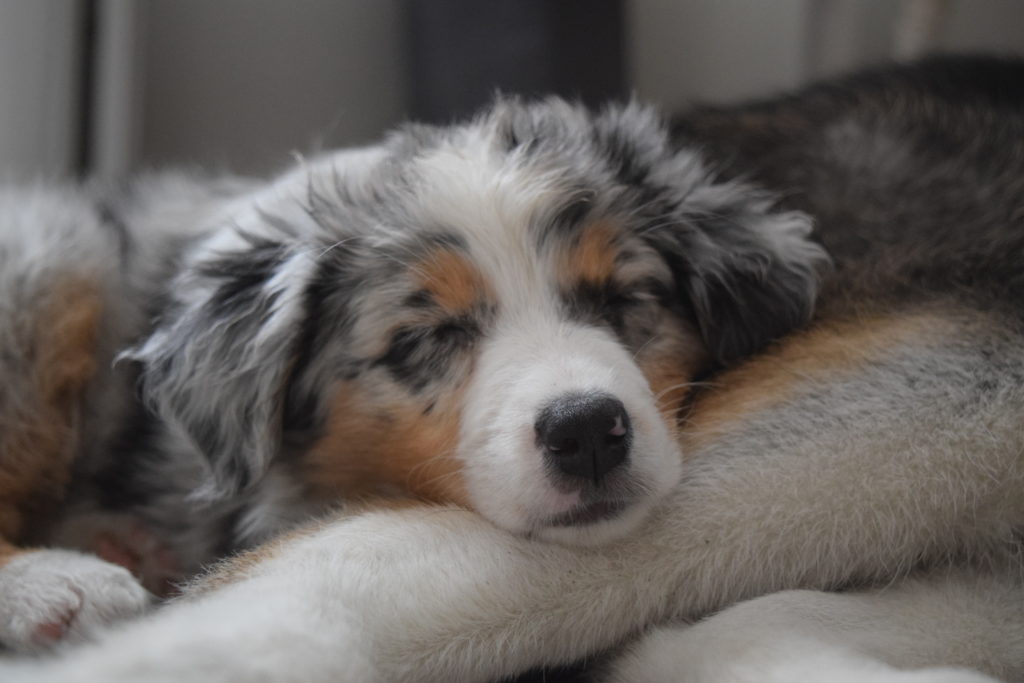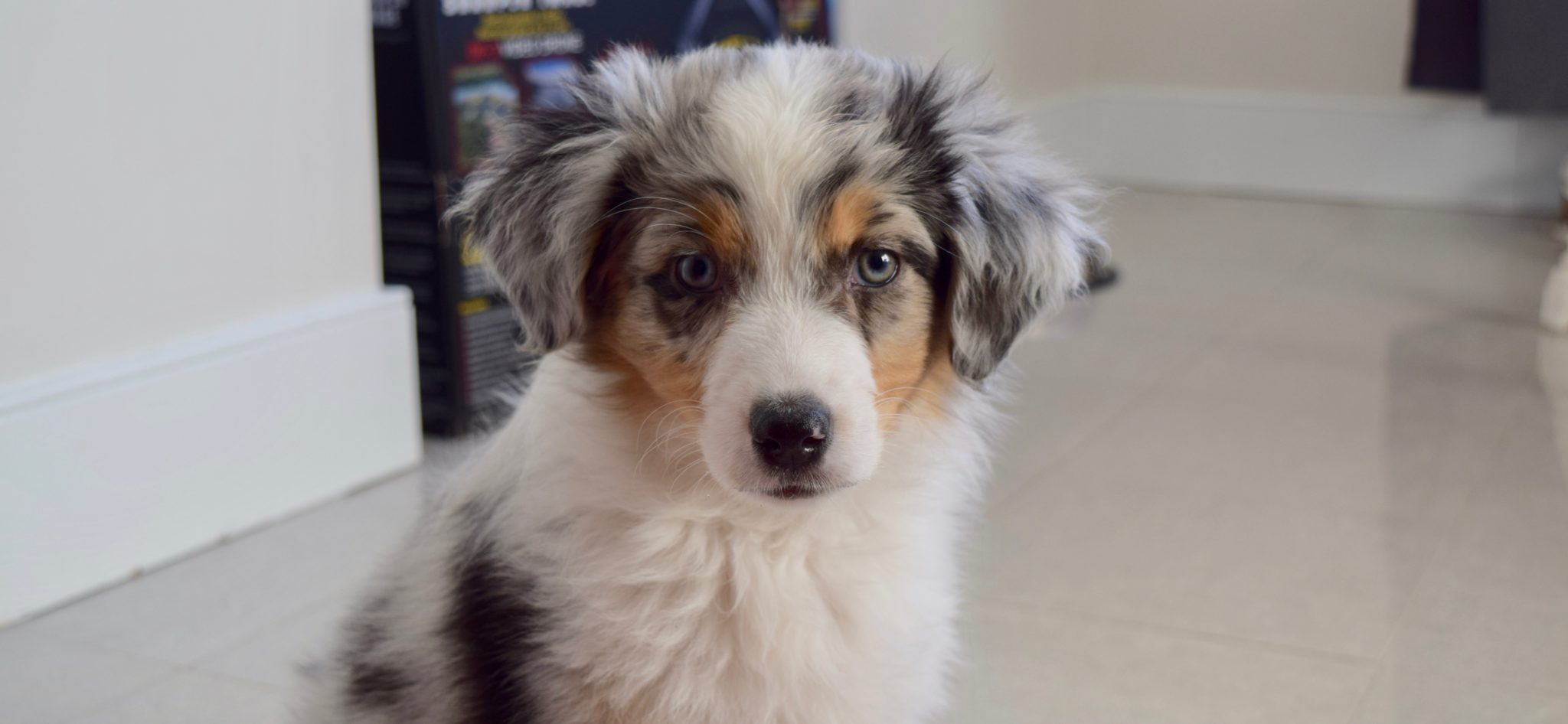First time getting a puppy? Here’s some tips on how to prepare
You’ve been waiting anxiously for this moment… and the time has finally come! You’re about to get your first puppy! Whether you’re getting them in 3 month’s time or in 2 weeks time, there are plenty of things you can do to prepare. Being a first time puppy owner myself, here’s some ideas of where to get started:
Find a vet
Puppies need time to grow and develop their immune systems. For this reason, finding a vet for your puppy is essential. Sicknesses at a young age can be life threatening for puppies, so ensuring they can get immediate medical attention when necessary is vital.
Your pup will also need booster shots and vaccines around 4 months and 6 months old, so you’ll need to visit the vets soon after getting your pup anyway.
If you’re unsure of where to start, check out my tips on choosing the right vet for your dog!
Pet First Aid
Surprisingly, this wasn’t something that others recommended for me, but I definitely recommend it for you. Taking a course in Pet First Aid will give you the skills and resources to prepare for any situation where your pet has come into harm.
There’s nothing scarier than seeing your dog in an emergency situation and not knowing how to help. Thankfully, we have never had a scare, but we’re prepared in the event that anything should happen!
There are several places that you offer certification courses. I took mine through Walks n’ Wags, a Vancouver-based group who offers Pet First Aid training courses across Canada. It was a day-long comprehensive course, with a take-home guide resource and the option to purchase a First Aid kit for pets.
Get them a leash, collar, harness and tag
This one’s a bit tough because you don’t want to pick up your pup without these essentials, but it’s not always easy predicting what sizes they’ll need. With bigger breeds, they’ll grow quickly, so definitely do not get attached to anything you buy for their first 6 months or so!
You can be safe with getting a 2 inch wide, 6 foot or shorter leash for most puppies. Buying a thicker longer leash is fine if they’ll grow into it, but it’s better to start smaller.
The collar and harness are tricky ones. You may wish to buy a couple of store brand collars and harnesses in the predicted sizes and simply return the ones that don’t fit. We thought Isla might be a size medium for her harness and collar, but didn’t grow into that for another 4 months! All that being said, it’s very handy to have both harness and collar for walking with your new pup.
Get a tag for your dog as soon as you’ve picked a name (ideally before you pick up your dog). Be sure to get new tags anytime the tags become damaged or you move addresses.
Pee pads for potty training
I’ve heard mixed reviews on pee pads for potty training. I think pee pads help for apartment dwellers, but may not be necessary if you have an accessible yard. I found pee pads to be a great training tool, but I would agree that they present the risk of slowing down potty training.
The advantage to having pee pads is that if your dog knows to use them, you can bring your dog places that have less easy access to a yard or outdoors. This way, your puppy will be less likely to have an accident on an expensive carpet or hard wood floors.
Ideally, you want to get your dog used to going to the bathroom outside, so make sure to wean them off the pads sooner rather than later.
Puppy proof your home

Puppies have a habit of getting into things that they shouldn’t, so puppy proofing is very important. If this means limiting your pup to one section of the house as they grow older, that’s okay!
The American Kennel Club has a great list of tips for puppy proofing your home and yard.
From our experience, we found that the laundry basket and the garbage bins were the biggest targets for our dogs when they were puppies. This resulted in us having to keep the laundry hamper in the closet and buying metal lid garbage bins.
Even with all of the work you put into puppy proofing your home, there will always be something they get themselves into because they’re so curious. Just make sure to keep an eye on your little pup!
Puppy school and socialization
As a first time puppy owner, I found puppy school to be a great way to get to know Isla and become more confident in training her. Puppy school offers insights on why puppies do what they do and how you can communicate with them in your training.
Puppy school also offers a great opportunity for your puppy to socialize. Because the other dogs in the class are the same age, your puppy can learn to play with dogs that have the same needs and tolerance as them. Playing with adult dogs at the park may result in the older dog being frustrated, snapping at the puppy, and causing the puppy to be scared of dogs.
Going to school will give your puppy the opportunity to learn about new environments, and how to navigate new situations. There’s a lot of great schools to be found. Be sure to go with one that promotes positive reinforcement training.
Crate training
Not everyone chooses to crate train their dogs, but I highly recommend you do. There’s a lot of good reasons to do so, some of which include:
- Your dog will have their own space to go to if they don’t have a room in the house.
- It’s somewhere for you to give your dog a time out, as needed.
- You’ll need to crate your dog when travelling by plane, train and sometimes car
- Your vet might need to board your dog overnight, and will place them in a crate
- Your landlord will need safe access to your house, and may request you crate your dog when they visit.
Whatever you choose to do, make sure that you do give your dog a safe, quiet space of their own in your home.

And that concludes my list of tips for first time puppy owners. I hope this is a helpful resource to you and if you’ve got other tips to add to the list, please share them in the comments below!
